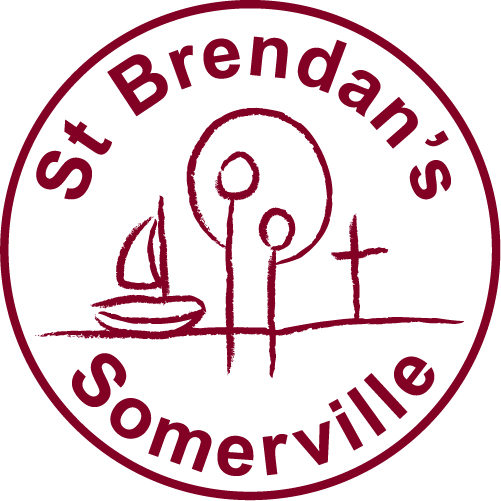A positive sense of wellbeing supports a base for rich learning that enables young people to flourish. This holistic view recognises that the sacredness, dignity and giftedness of each person is grounded in the belief that each person is made in the image and likeness of God.
Character Strengths
Underpinning the model of positive education is a strengths approach. From a strengths perspective, everyone has unique abilities and capacities that come help them to flourish and perform at their best (Wood, Linley, Maltby, Kashdan, & Hurling, 2011).
Students learn about their unique character strengths through completing the VIA strengths survey and teachers select specific character strengths to explore with students.
Some of these include;
-
love,
-
courage,
-
forgiveness,
-
kindness,
-
zest,
-
creativity,
-
and perseverance.
Meditation and Mindfulness
Each level ensures students are given regular opportunities to practice meditation. Meditation is taught with the students’ age and ability in mind. For example, in the junior levels, students may spend only a couple of minutes participating in meditation and as they move up the school, students will build their meditation stamina to practice for up to ten minutes. Meditation may take various forms including, mindful colouring, mindful listening, mindful moving and more traditional meditation. Students often report they feel more focused after completing their meditation.
Respectful Relationships
The Respectful Relationships curriculum supports schools to promote and model respect, positive attitudes and behaviours. It teaches our children how to build healthy relationships, resilience and confidence.
St Brendan Primary school is a Respectful Relationships School working with ten cluster schools in the South Bayside Peninsula region.
The Respectful Relationships whole-school approach recognises that schools are a workplace, a community hub and a place of learning. Everyone involved in our school community deserves to be respected, valued and treated equally.
We know that changes in attitudes and behaviours can be achieved when positive attitudes, behaviours and equality are lived across the school community, and when classroom learning is reinforced by what is modelled in our school community. Below are the 8 topics of Respectful Relationships and when they taught through our Whole-School Approach. For more information about Resepctful Relationships please visit Respectful Relationships.
